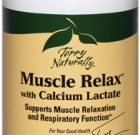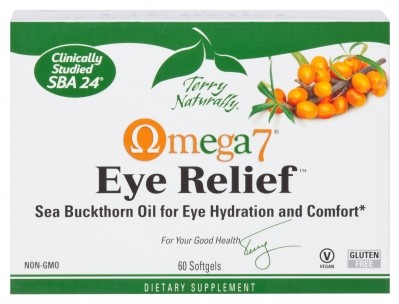Website content an extension of labeling: FDA warning letter shows companies need to ‘think about their real estate space’

The letter to Green Bay, Wisconsin-based EuroPharma Co., Inc. and it’s president, Terry Lemerond, make for “important reading”, according to a legal alert from the American Herbal Products Association (AHPA).
“Supplement companies that link to articles or published literature from their website product pages take note: FDA views disease discussions in those articles to cause the products to be considered drugs,” stated the AHPA note.
“This warning letter to Europharma sets forth in detail how FDA looks at websites for disease claims.
“This is important reading for all companies linking to disease-discussion articles in their websites.”
Please click here to read the warning letter.
Warning letter
In an email statement to NutraIngredients-USA, EuroPharma confirmed receipt of the warning letter, which challenges claims observed by FDA on the EuroPharma website.
"In fact, however, the alleged claims were not actually on the website, but were found in articles linked to the website," said the company.
"Those articles were separated by a disclaimer, which reflected among other things, the following:
1. The article was reprinted in its entirety
2. The article does not promote a particular brand of supplement
3. The article does not promote a particular manufacturer
"It is the contention of EuroPharma that all such literature constituted 'third party' compliant literature within the meaning of Section 5 of the Dietary Supplement Health and Education Act of 1994 ("DSHEA"). Section 5 of DSHEA exempts qualifying literature from the definition of labeling when such material is used in connection with the sale of dietary supplements to consumers.
"And while it is true that the articles reference formulas with identical ingredients and amounts, it is the position of EuroPharma that the same is not in fact in contravention of the plain terms and requirements of DSHEA.
"EuroPharma is currently preparing its response to the FDA Warning Letter. In the interim, without admitting the allegations contained in the Warning Letter, EuroPharma has removed the links to all such literature pending a resolution of this matter.
"EuroPharma is confident that FDA will reconsider its position and EuroPharma has every intent to comply fully with the Federal Food, Drug, and Cosmetic Act."
Labeling
In a webinar this week hosted by the Council for Responsible Nutrition (CRN) and Virgo Publishing, Corey Hilmas, MD, PhD team leader of FDA's Dietary Supplement Regulation Implementation Team, advised companies that if they control the content, like social media or websites, then the company is responsible for it, and claims on these could be considered disease claims.
“Think about the real estate space you have,” he said “Many companies do not put it all on the labels.”
The FDA considers labeling to extend across a range of content sources, he said, including labels, brochures, on social media sites, and websites.
Other warning letters from the agency indicate that some companies are still vague on the nature of website language, while FDA has also sent warning letters for activity on Facebook on Twitter.









